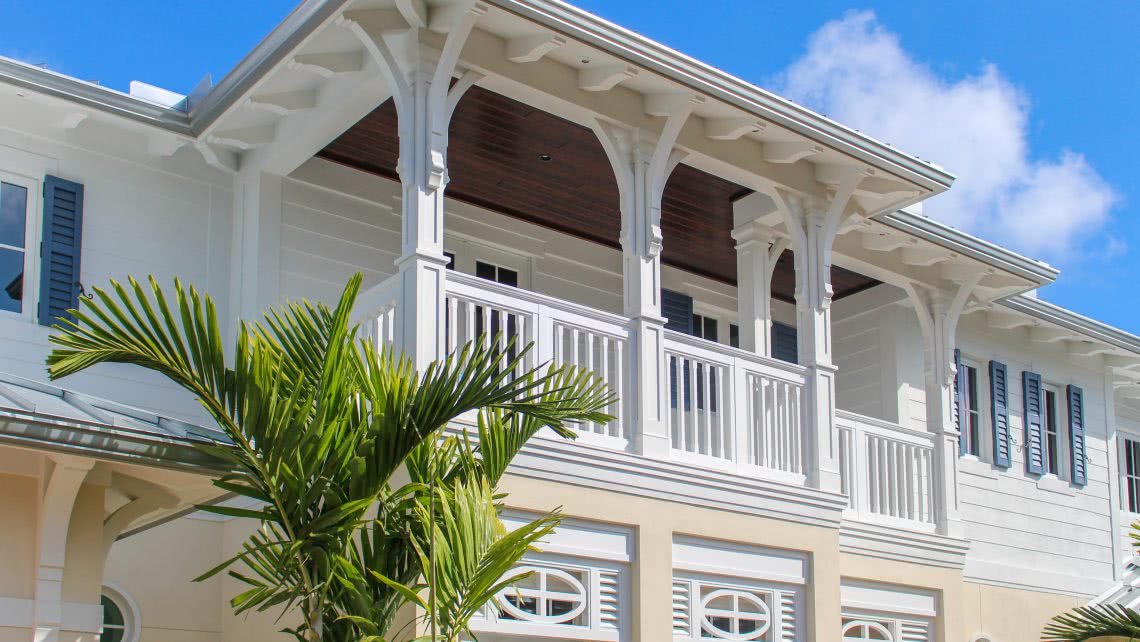The outdoor areas on your property and the features on it, become the perfect backdrop for your home’s structure. They are also one of the first things that visitors to your property notice. The manner in which these features are designed and the finishing that’s used in them, go a long way in enhancing the overall appeal and value of your property. And so it follows that you ensure resilient materials are used in the work and hire expert technicians for the installation.
When you start researching products and materials for outdoor installations, you will find that wood; iron, aluminum, plaster, brick and foam are commonly used in exterior construction. And this may lead you to believe that they are the best option for these applications. It’s also natural for you to be unsure about using new materials such as the specialized cellular PVC materials we use in our millwork.
Some comparisons
But the fact is that there has been a significant advancement in the manufacture of exterior-grade, manmade materials and cellular PVC is one of them. However, the higher upfront cost can sometimes become the other deterrent for property owners, to opt for this innovative material. Take a look at how the cellular PVC material that we at HB Elements use stands up against other traditionally-used materials:
- Weather impact
Materials such as hardwood and metal are strong and durable, but need a significant amount of treatments before they can be used in exterior applications. For instance, untreated and unfinished wood features get affected by moisture and the sun’s rays and eventually crack and crumble.
They can also develop rot or moss; and if these conditions are very severe, extensive repairs or complete replacement of the feature is the only option you are left with. Metal too gets affected by moisture and exposure to rain and frost; and rusts and corrodes over time. In comparison the unique PVC cellular material that we use in our millwork is moisture and heat-resistant and doesn’t corrode over time.
- Termite damage
Termites are extremely destructive creatures and they can bore through wooden features and cause extensive damage to them. In most cases, replacement is the only option you are left with, which represents a significant expense. Concrete surfaces get affected by the freeze and thaw cycles and crack over a period of time, and you end up spending considerable amounts on repair and replacements. On the other hand, cellular PVC doesn’t get impacted by termites or weather fluctuations at all.
- Maintenance
While choosing materials for exterior applications, most property owners fail to factor the maintenance costs into the overall cost of the installation. For instance, wood, plaster, foam, brick and concrete require annual mold prevention maintenance as well as sanding and polishing or painting. Metal surfaces have to be sanded, and painted regularly too. In comparison, our cellular PVC material features require only basic cleaning and they won’t warp, crack, fade, corrode, develop rot or mold. In short, this is an extremely low-maintenance option that is worth every penny you spend on initial costs.











